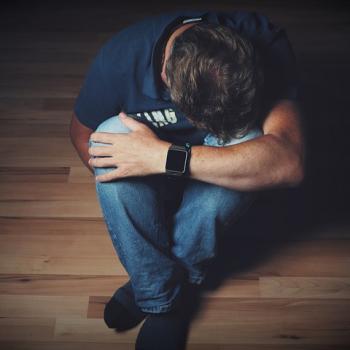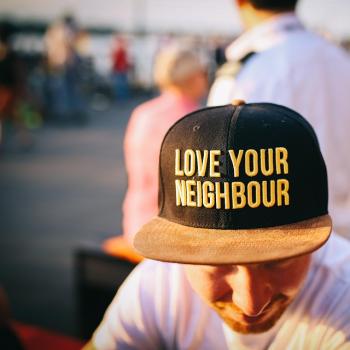Follow Up to My Recent Blog Post about American Men
I wish I had seen this mini-documentary about “What’s Killing America’s White Men?” before writing and posting my immediately preceding post about what’s wrong with men in America. I happened across it by accident while looking for something else on Youtube.
The mini-documentary was created and broadcast by the BBC (British Broadcasting Company) not very long ago. I have not found the exact date of its creation or broadcast.
In this mini-documentary a woman reporter for the BBC claims that the suicide rate among middle aged white men is increasing at an alarming rate and much faster than the rate among white females or black males. Her question is why?
She selects Montana as her site of investigation because the rate of increase in suicides among white males is greatest there—of all places in the United States. She found that interesting. Why Montana of all places? So she went to Montana and talked to people. Among others she interviewed the wife and daughters of a relatively young, barely middle aged white Montana man and the older single man who came close to committing suicide.
*Sidebar: The opinions expressed here are my own (or those of the guest writer); I do not speak for any other person, group or organization; nor do I imply that the opinions expressed here reflect those of any other person, group or organization unless I say so specifically. Before commenting read the entire post and the “Note to commenters” at its end.*
The reporter’s tentative conclusion (after much research beyond just the two interviews mentioned above) is that many middle aged white men in America feel lonely and useless. Traditional jobs are disappearing and nobody is offering middle aged white males who have been laid off and replaced (or not replaced because the job went away) help in retooling for new work. The message they are hearing is, to quote a former governor of Colorado, “Get out of the way.”
But perhaps more importantly, the reporter found, many middle aged white men feel lonely. One she interviewed spoke eloquently about the pain of loneliness. (He is apparently a widower although perhaps a bachelor or divorced person.) Many men have never developed lasting friendships.
This BBC mini-documentary is the first such I have seen about this problem—if it is a problem. I suspect many American news producers would not consider it a problem worth their attention. Whenever I see a documentary on PBS (usually they are broadcast on Sunday evenings but re-broadcast throughout the week) it is about women and girls—IF it is about gender issues. Documentary makers who focus on social problems seem obsessed with social problems facing females—not only in America but around the world. I would take nothing away from that. But I don’t see why it takes the BBC to bring attention to a problem facing men.
Throughout my academic career (almost forty years now) I have attempted using various means to bring attention to problems facing males in America with little to no success. Especially the academic world has little to no interest in issues and problems facing boys and men. The general attitude is “This is a man’s world; boys will find a way to make it or it’s their own fault. Why expend resources on them?” I think that attitude is behind the times; America has changed dramatically in the past twenty-five years in many ways and one of them is “the boy crisis” in education that hardly anyone is paying any attention to. Another one is the increasing rate of suicide among boys and men resulting from a general malaise of loneliness and hopelessness about living up to societal expectations when the resources for doing that are quickly dwindling away.
The BBC mini-documentary also raises the issue of the increasing gap between the “haves” and the “have nots” in Montana and elsewhere and how that is affecting men. The realistic hope of achieving “the American dream” is gone—except for a few.
*Note to commenters: This blog is not a discussion board; please respond with a question or comment only to me. If you do not share my evangelical Christian perspective (very broadly defined), feel free to ask a question for clarification, but know that this is not a space for debating incommensurate perspectives/worldviews. In any case, know that there is no guarantee that your question or comment will be posted by the moderator or answered by the writer. If you hope for your question or comment to appear here and be answered or responded to, make sure it is civil, respectful, and “on topic.” Do not comment if you have not read the entire post and do not misrepresent what it says. Keep any comment (including questions) to minimal length; do not post essays, sermons or testimonies here. Do not post links to internet sites here. This is a space for expressions of the blogger’s (or guest writers’) opinions and constructive dialogue among evangelical Christians (very broadly defined).
















